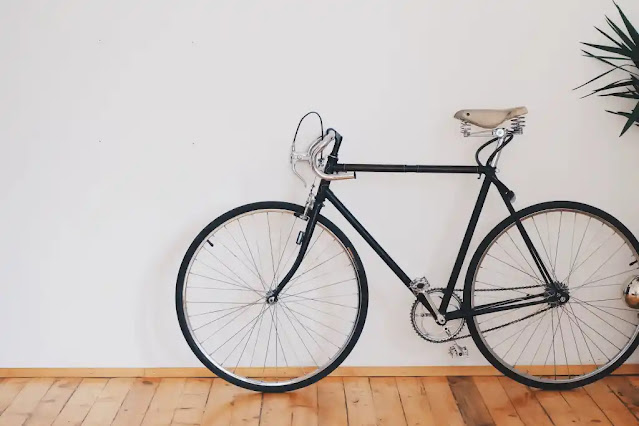Complicated never sticks. Here are the basics that will serve you well. | Photo by Jazmin Quaynor on Unsplash How do you create a good daily routine? Why do you need a daily routine? What are the things you should consider whi…
Some of my lessons about motivation. If you're struggling with motivation, this might help you understand motivation a little better. | Photo by Content Pixie on Unsplash Do you struggle with motivation? I do sometimes. Mo…
July 11, 2019
·
abdominal breathing
Breathing
Diaphramatic breathing
Stress
thoracic breathing
Vertical Vs Horizontal Breathing: Did You Know You're Breathing Incorrectly?
Are you breathing correctly? | Photo by Brett Jordan on Unsplash Are you breathing right now? Well, of course you are! But what if I tell you that you're breathing wrong? I know what you're thinking: " What …
Get things done with the pomodoro technique. | Photo by Debby Hudson on Unsplash If procrastination is your best friend then you should read this post. Why you ask? Because today we're going to discuss a productivity techniq…
You can't increase the length of your day, but you sure can create some spaces in your day by changing some of your habits. | Photo by Icons8 Team on Unsplash Do you ever feel like 24 hours are not enough? If you are like me…
Reading is one thing, and reading effectively is another. Reading is awesome! It’s one of the most positive habits that you can have. It's a wonderful way of experiencing things without ever actually experiencing it. …
80% of the resolutions fail by February. How are you planning to follow through? | Photo by Walls.io on Unsplash It's that time of the year again; the time when we all get a bit nostalgic, and make new plans and get excited …
Water Is The Real Elixir! | Photo by Robert Stump on Unsplash I don't think I need to mention how important water is for us. We are 60% water, and this is enough to support that statement. Each and every single cell in our …
As per research, deep breathing exercises are great to relieve stress and anxiety. Image by : Shashi Chaturvedula Stress is an inevitable part of life. In fact, stress plays an essential role in being the motivator to get things …
Your Lifestyle Decides The Quality of Your Life. | Image: Pexel.com How you live your life impacts you in more ways than you realize. An ideal lifestyle structure will always act as a force that pushes you forward in life through…
Subscribe to:
Comments (Atom)










